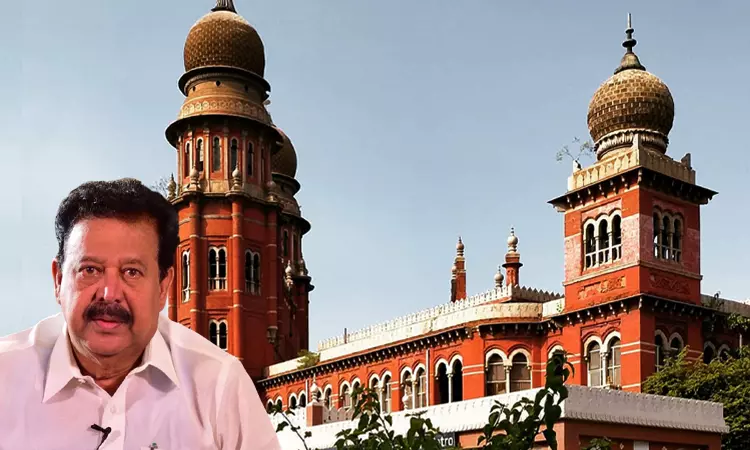BREAKING| Madras High Court Sentences TN Minister Ponmudi To 3 Year Imprisonment In Disproportionate Asset Case
Upasana Sajeev
21 Dec 2023 11:00 AM IST

Next Story
21 Dec 2023 11:00 AM IST
The Madras High Court has sentenced Tamil Nadu Minister Ponmudi and his wife Visalakshi to three year simple imprisonment and 50 lakh fine each in a disproportionate asset case.Justice G Jayachandran gave 30 days to the parties to surrender and added that the parties could work out their remedies before the Supreme Court during this time. The court also said that any decision on an extension...
